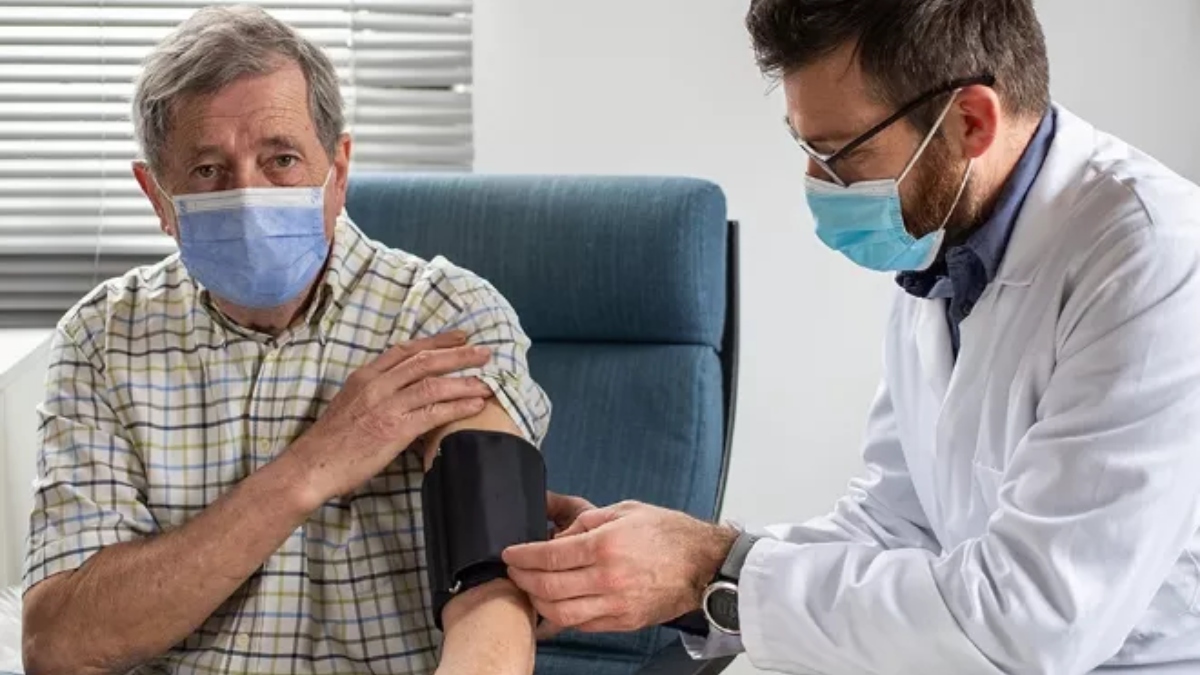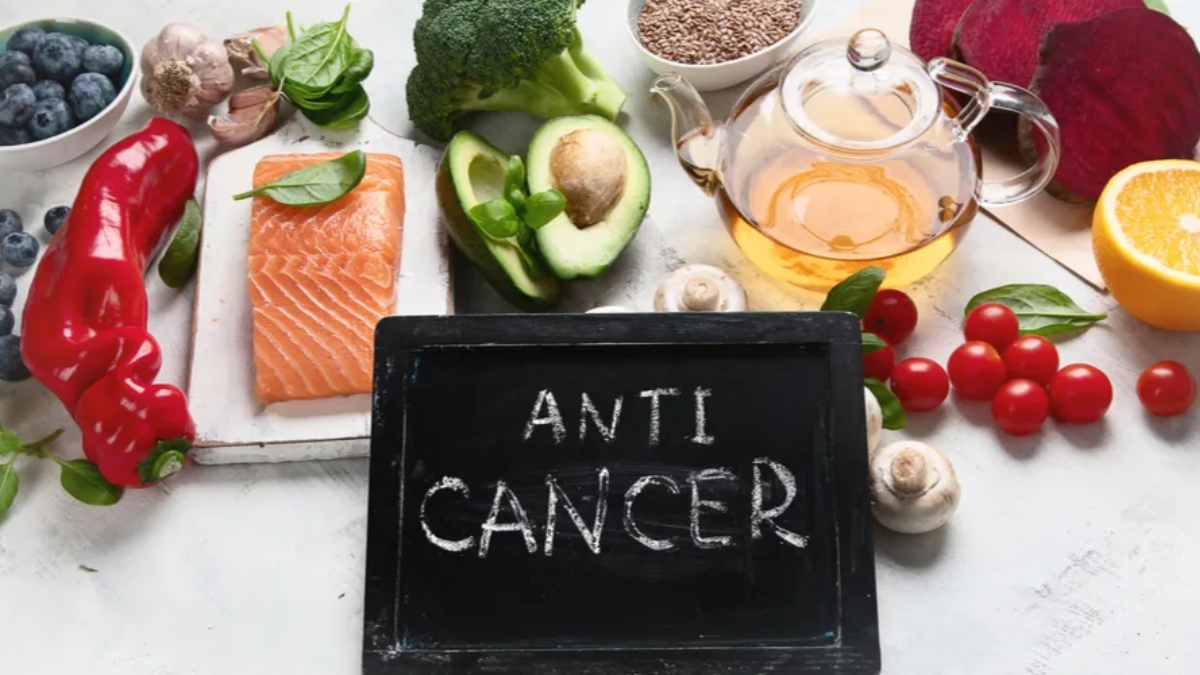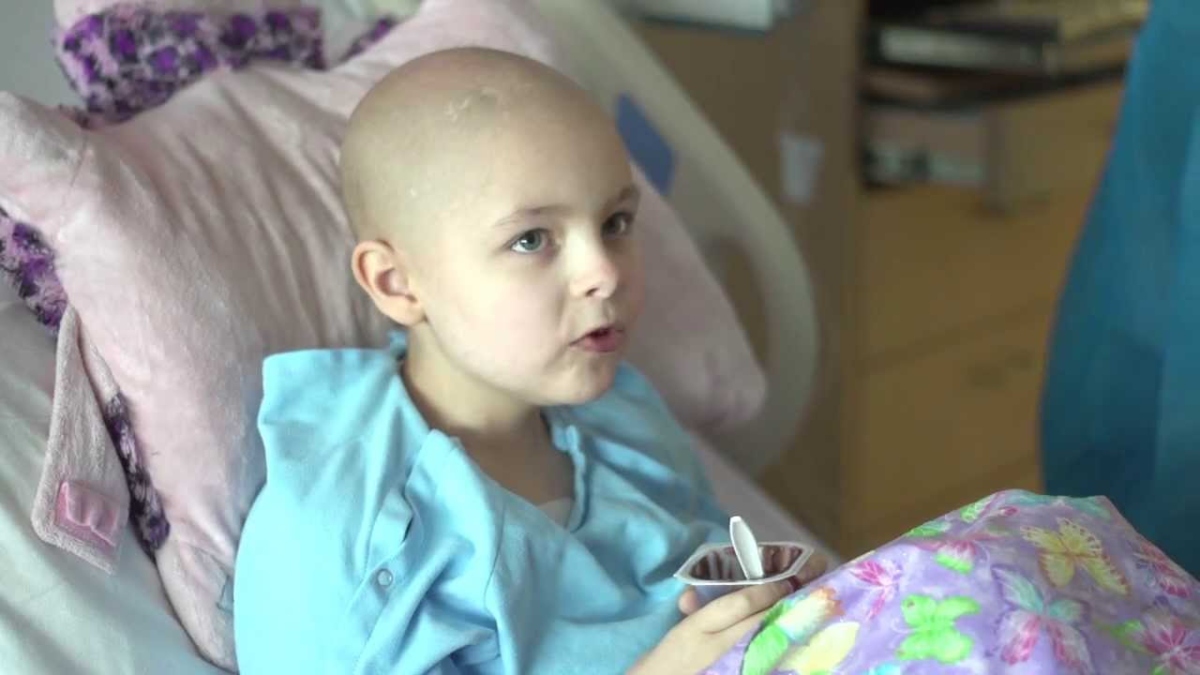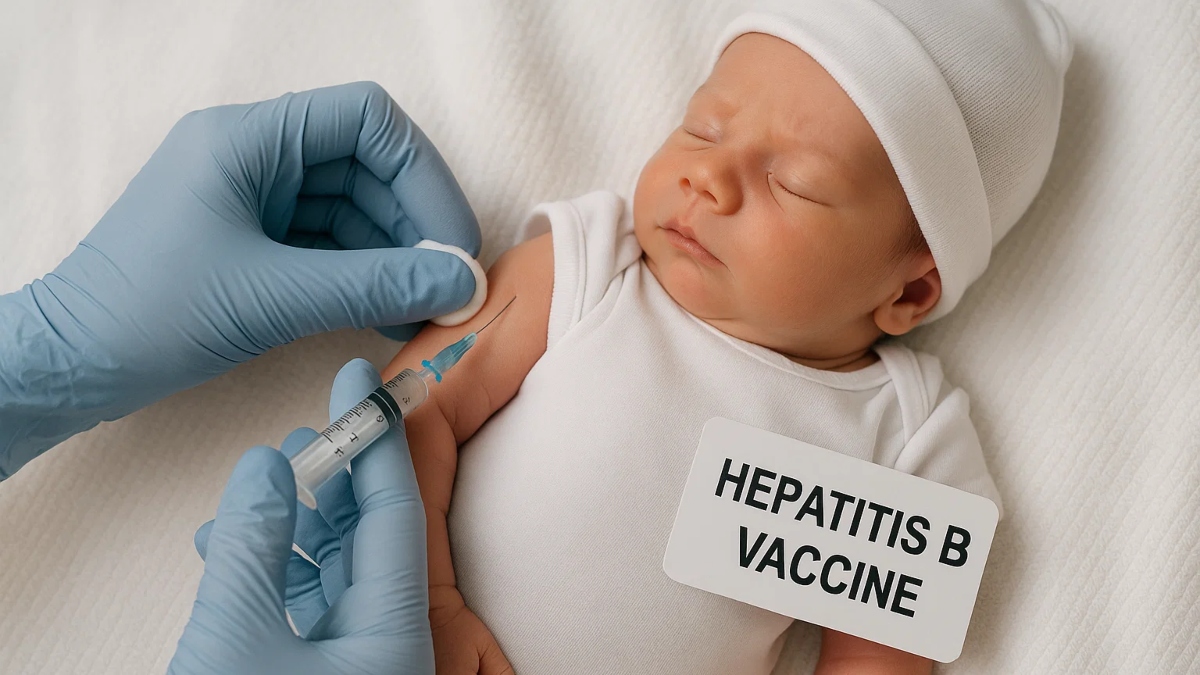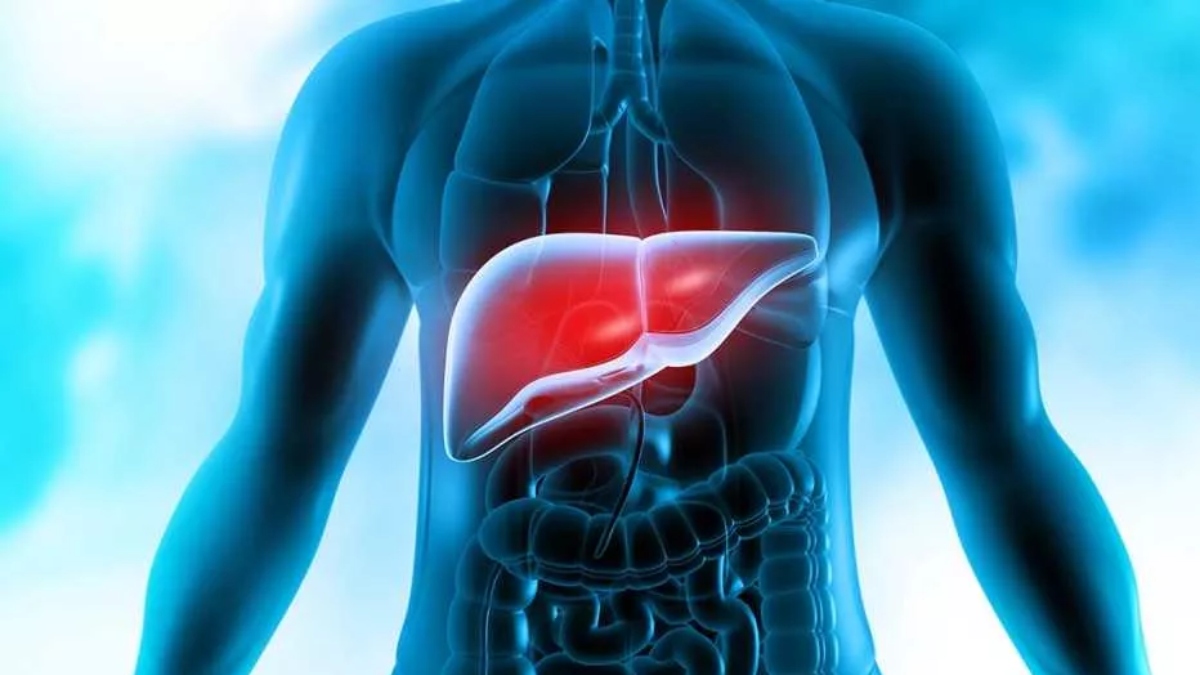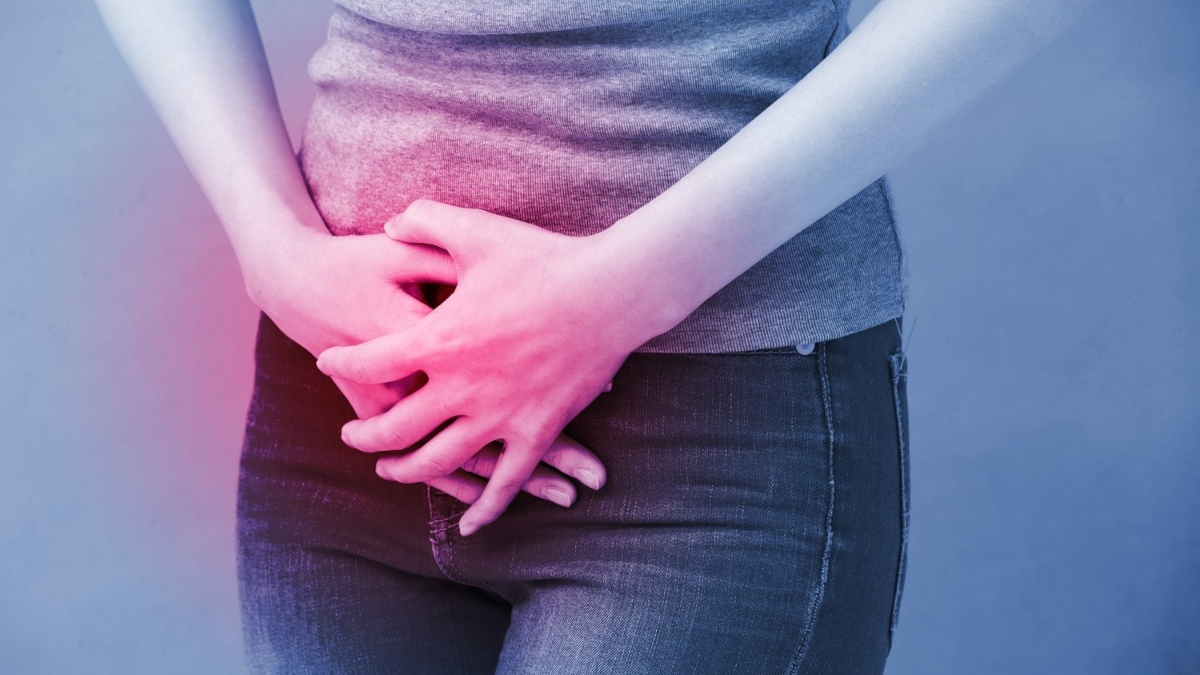Heart disease remains a major health threat for men, striking earlier than anticipated. In India, 25% of heart attacks among men occur prior to age 40, and almost 50% occur prior to age 50. Only increasing the risk are long hours at work, inactive lifestyles, chronic stress, and avoided checkups. It is important for fathers aged 40 and above to take preventive measures before the symptoms get out of hand. Although a heart attack may seem sudden, the body sometimes provides early warning signs, particularly through alterations shown in cardiac exams and blood tests. Long before the problem arises, these small and subtle indicators can help in identifying risks.
Fathers rarely miss work and complain about their issues and often put their health at the bottom of the priority list. Whether it’s the daily grind, the role of a provider, or simply a deep-rooted sense of resilience, most fathers tend to ignore the subtle signs of underlying health issues. Still, silence doesn’t mean safety. Many serious health conditions develop slowly and quietly, showing no symptoms until it’s too late. That’s why regular, preventive health check-ups are essential, especially for men over 40.
Most people imagine a heart attack as something sudden and dramatic – sharp chest pain, collapsing, and an emergency rush to the hospital. But the truth is, heart disease doesn’t always arrive with such fanfare. In fact, your body often sends subtle signals days, weeks, or even months in advance. The problem? We often ignore or misread them.
As Father’s Day 2025 approaches, it’s the perfect opportunity to show dad how much you care about his health and well-being. With age, health needs can change, and staying on top of these changes is crucial. Dr P. Venkata Krishnan, Senior Consultant, Internal Medicine, Artemis Hospitals, shares valuable age-wise health tips to help dads of all ages stay healthy, happy, and thriving. Every father, whether he’s a new dad or a grandpa, can use age-specific health tips to stay strong, active, and happy for years to come. From nutrition and exercise to mental well-being, these expert-backed tips will guide dads towards a healthier lifestyle.
Postpartum depression is not just for moms. Many dads are fighting a hidden battle with what is known as paternal postnatal depression (PPND). As PPND is less recognised, many fathers carry the burden alone, often in silence, which makes it harder for them to seek support. PPND typically affects new dads during their partner’s pregnancy or within the first year of parenthood.
In a groundbreaking revelation, a Harvard doctor has identified specific food items that may play a crucial role in preventing cancer risk. From everyday staples to nutrient-rich superfoods, these dietary additions could be key to bolstering your body’s defences against this devastating disease. Most common foods are loaded with very potent cancer-preventative compounds, mainly because they are high in antioxidants, anti-inflammatory molecules, and other bioactive compounds. Let us look at the cancer-preventive qualities of broccoli, turmeric, blueberries, tomatoes, garlic, flaxseeds, and green tea:
Brain tumours in children are among the most serious yet ignored medical conditions in India. According to research by the National Institutes of Health (NIH), an estimate of 539 deaths per year is due to malignant brain and other central nervous system (CNS) tumours in children and adolescents. Despite the significant life-altering nature of the disease, it often goes undetected or overlooked, largely due to the lack of awareness about early symptoms in children. So, it is important to know the underlying causes and symptoms of brain tumours for timely intervention and improved outcomes.
Hepatitis B is a fatal liver infection caused by to Hepatitis B virus (HBV). In newborns, the virus is transmitted from mother to child during childbirth. If not addressed at the right time, it raises the chances of chronic liver disease, liver failure, or liver cancer later in life. Symptoms in infants may not be seen immediately. However, timely detection and prevention are key for successful outcomes. Management of Hepatitis B in babies tends to include regular monitoring and antiviral treatments. Parents should follow the advice given by the treating doctor. Remember, vaccination remains a potent tool. Hence, prevention through timely vaccination remains the most effective strategy to improve the quality of life of newborns.
Liver is the largest and most important organ of our body. The body shows signs of liver damage many days after it occurs. If you ignore these symptoms, your life can be in danger. Many symptoms appear in the body when the liver is damaged. These include swelling in the stomach, mild stomach pain, vomiting or nausea, yellowing of the eyes, loss of appetite and not digesting food. Gastroenterologist and liver expert Dr Joseph Salhab has posted a video on social media in which he talks about the warning signs of liver damage. He has talked about 4 things and especially emphasised that the first sign is a sign that you should not ignore.
Urinary incontinence (UI) is one of the priority health issues recognised by WHO and a condition many women experience but few talk about openly. It is a common and distressing medical condition severely affecting quality of life. Whether it’s a sudden leak while laughing, sneezing, or an overwhelming urge that’s hard to control— bladder issues are more common than we think. In India, one‐third of women have urinary incontinence (UI) after childbirth. On this World Continence Week, let’s delve deeper to understand the causes, myths and solutions to this condition and encourage women to speak up and seek solutions.




